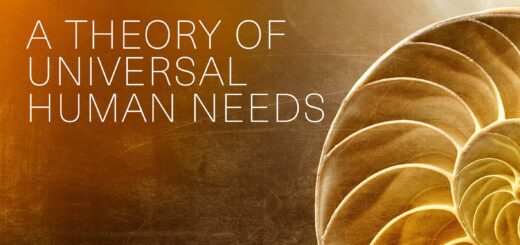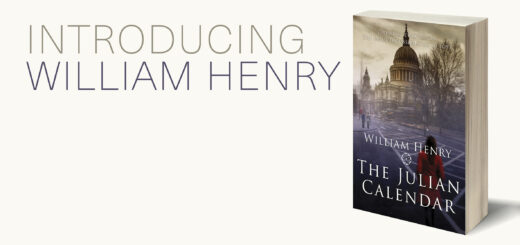Good health

It’s the festive season—a time to gather with friends and family to celebrate the year passed, a time to toast one another’s good health.
Health. Such a deceptively dull word and yet the word itself tells the story of why good health is our primary universal human need, and why life without it is so terribly trying.
Health evolved from the Middle English word hale (which we still use in the phrase ‘hale and hearty’), as did whole. So health really means ‘wholeness’. When our health is poor we are not whole and our quality of life suffers. Nothing is more essential to us than our good health.
And this year—for me and my family—health has been our preoccupation.
In February my father was diagnosed with stage 2 cancer and a week later my uncle-in-law was diagnosed with stage 4 cancer. I felt deeply unsettled, not just for the obvious reasons, but also because the situation was depressingly commonplace. Cancer is literally swathing its way through our friends and families.
Up steps modern healthcare (bravo), immediately trailed by the dark shadow that every cancer sufferer must face: the treatment dilemma. Cancer is so damnably invasive that conventional treatments invariably damage (painfully) a patient’s health in order to improve a patient’s health, and therein lies the dilemma. Do I throw everything at the disease and risk losing quality of life for the slim chance of prolonged life, or do I jump straight to palliative care and try to squeeze out as much quality of life from the short time I have left?
I imagine (I can only imagine) that for most cancer patients there is only one option: fight it with all guns blazing, not least to show loved ones that you want to remain with them at any personal cost. The more advanced the cancer, the greater the heroism: I have seen firsthand the price paid. Both my father and uncle chose this option. My father survived, my uncle did not (and tears still well when I think of his selfless bravery—he would have done anything to be here for his wife and children).
But the dilemma remains: the other option is equally valid—immensely brave, loving, and wise in different ways. And if I ever have to face the awful choice, I will consider both options.
Understandably, this situation caused me to think about ‘life’ even more than I already do. I reflected that, despite our society’s obsession with materialism, life is not something you accumulate: the longest lives are not necessarily the best. Each day is a life. On any day, in any hour, we can attain the best of life. And when quality is the goal—as I sense it should be—then even a short life can be gloriously abundant. My uncle’s life was so.
Have I suddenly changed my lifestyle in response to these illnesses? No. Not at all. I already knew where health sits in the pecking order (see my human needs theory), and I already live in a manner configured around that reality—and perhaps I always have. You see, my father is a doctor and the principles of primary health care are familiar topics. Put the fence at the top of the cliff; not the ambulance at the bottom. Visit your GP regularly. Eat well and take every opportunity to exercise. Prioritise primary health care. Educate.
Fittingly, a few weeks ago I began some consulting work at Ko Awatea, the centre for healthcare improvement and innovation at the Counties Manukau District Health Board at Middlemore, South Auckland. How will I contribute as a wordsmith with nothing more than an appreciation for medicine? I will simply try my best to help the dedicated staff to share more widely and persuasively their valuable knowledge, so that more benefit can be gained from it.
Please, wish me well, the stakes are high.
And if your life isn’t already configured around good health, may I gently (but persuasively) urge you to reconfigure it, starting today.


